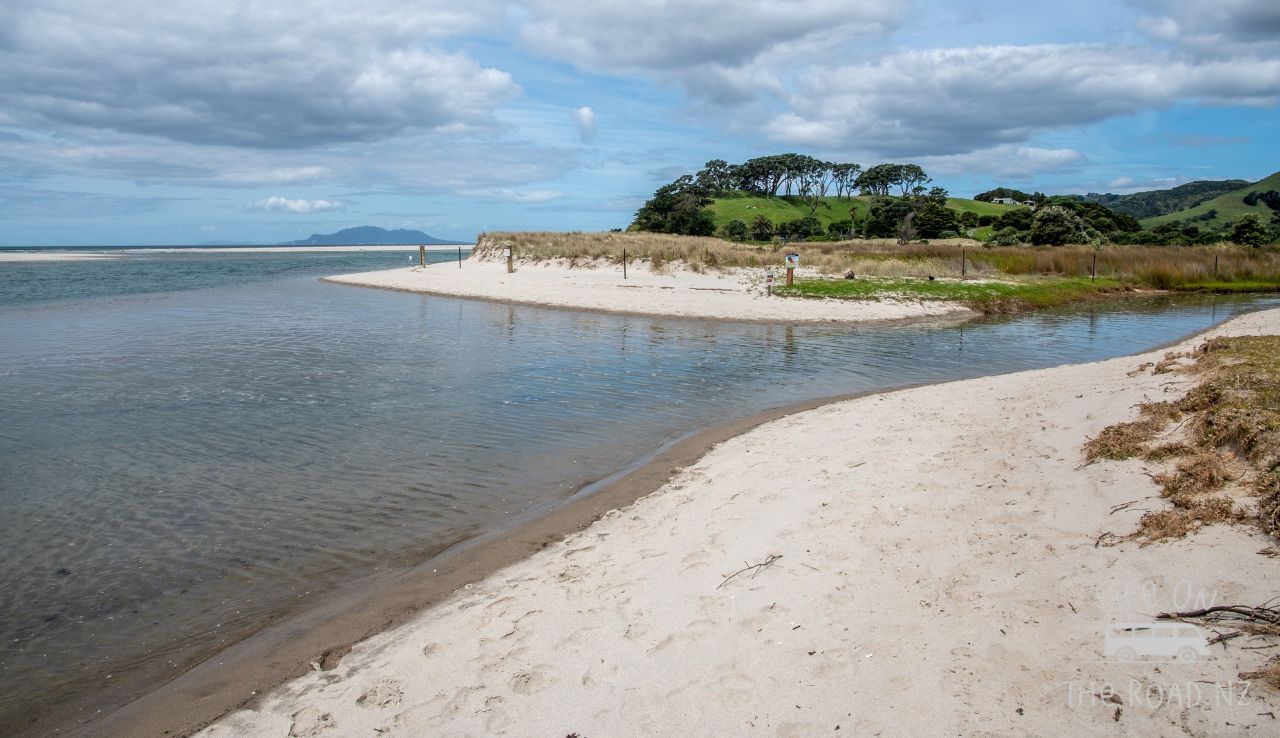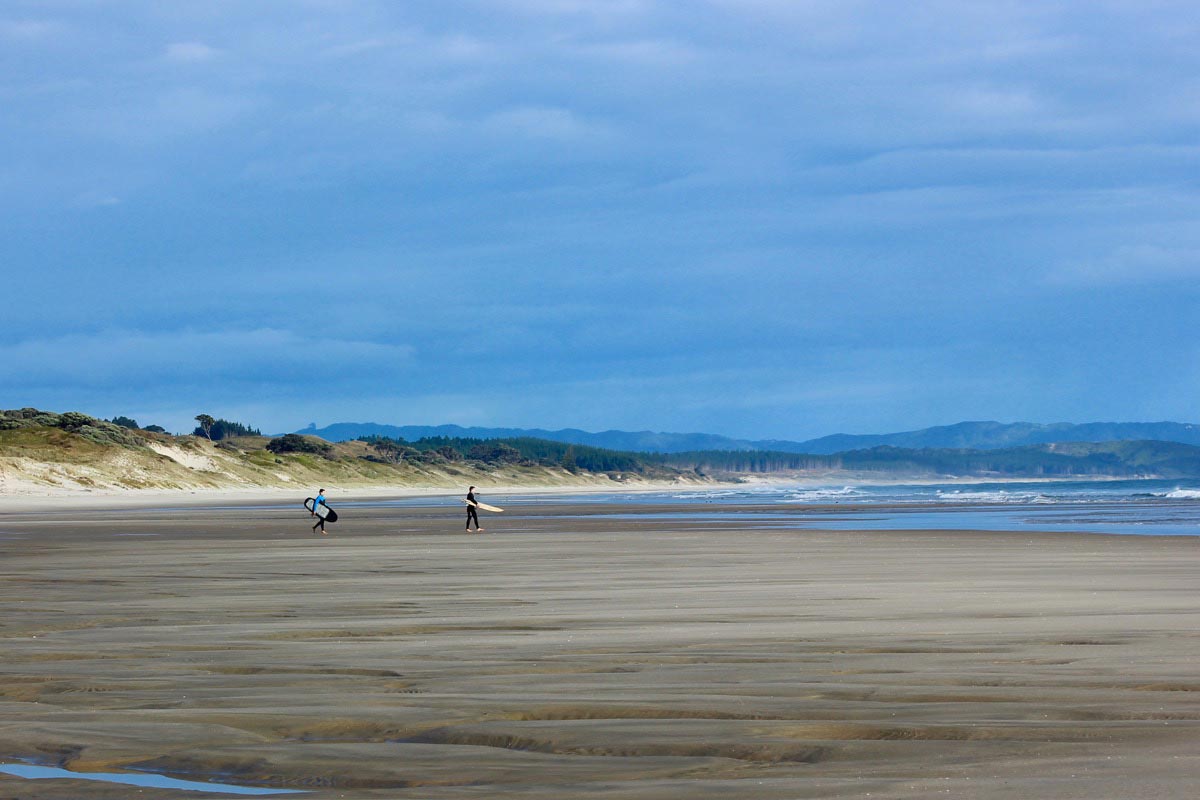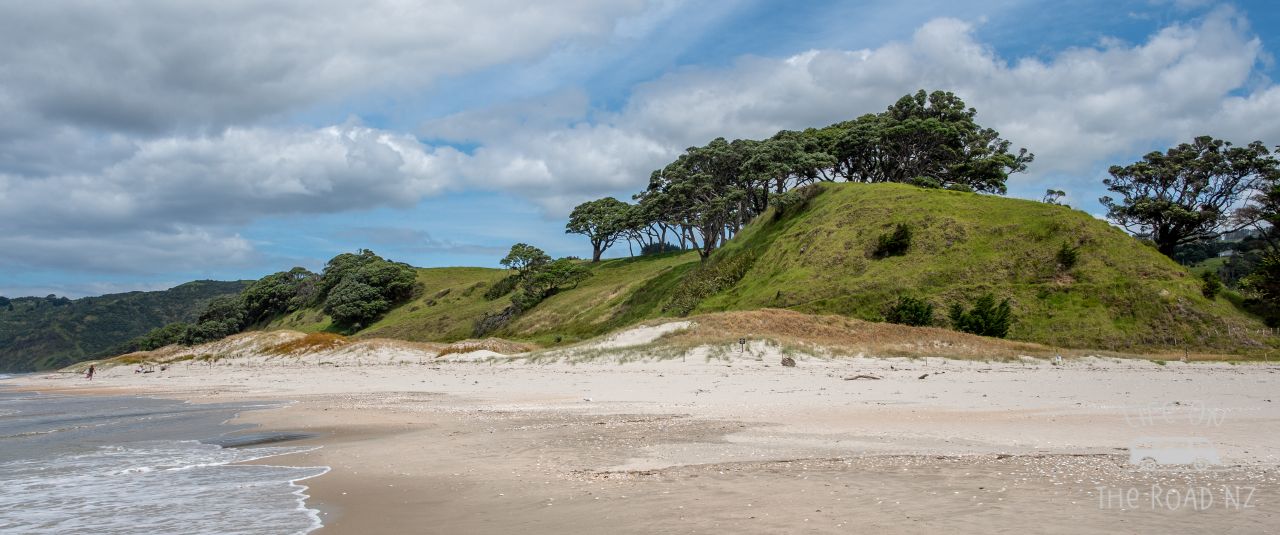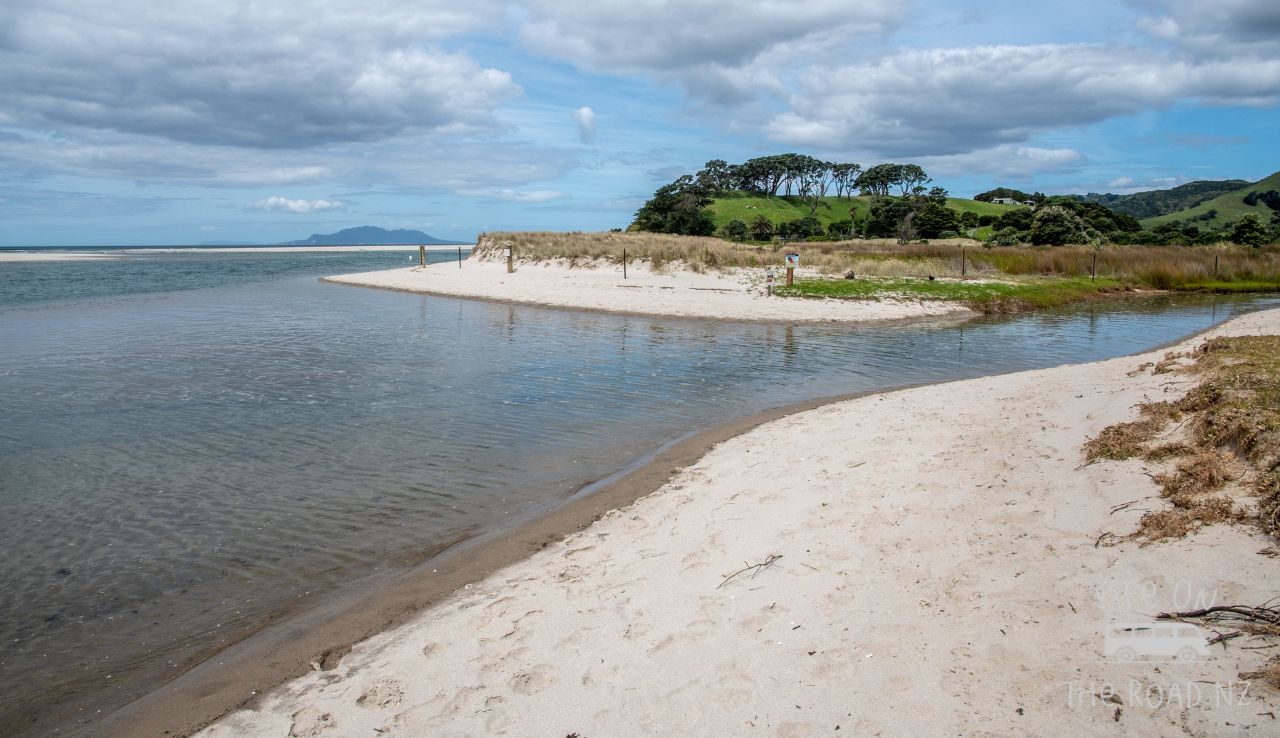Pākiri Beach, McCallum Bros, and the lessons for Bream Bay
Louise Riddle for Matakana Coast App
31 August 2025, 12:01 AM

For over 40 years, I’ve been walking the sands of Pākiri Beach watching its moods change with the tides, the seasons and sand-mining. Around 20 years ago, I began to worry. Back then, I’d often talk with local iwi, who were planting native grasses to stabilise the dunes and protect the fragile environment. Unfortunately, this was no force against sand mining; the sand dunes are long gone, but those conversations have stayed with me.
Over the decades, I’ve watched the beach change before my very eyes its contours subtly reshaped, its dunes retreating. The culprit? Sand mining

McCallum Bros, a major Auckland-based operator, has been extracting sand from the Mangawhai–Pākiri embayment since the 1940s. For much of that time, the company held resource consents allowing them to take tens of thousands of cubic metres of sand from the seabed every year. For generations, the sand beneath our feet at Pākiri has been feeding the construction industry glassworks, roading, and concrete in Auckland’s booming cityscape.
But it came at a cost: a slow, creeping erosion of one of New Zealand’s most beautiful, untouched stretches of coastline. There is a long shadow to sand mining.

After years of opposition from mana whenua, environmentalists, scientists, and the local community, things came to a head:
- In 2022, Auckland Council refused McCallum Bros’ application to continue large-scale offshore extraction.
- In April 2024, the Environment Court upheld that refusal, citing environmental and cultural concerns.
- And finally, in mid-2025, McCallum Bros withdrew its appeal, surrendered its consents, and ceased sand mining at Pākiri altogether.
For many, this felt like a victory a chance for Pākiri to heal.

However, this is not the end of the story, McCallum Bros has now pivoted towards Bream Bay, lodging an application under the Government’s Fast-track approvals pathway. Unsurprisingly, communities, environmental advocates, and local hapū have begun mobilising again, determined to avoid repeating Pākiri’s mistakes.
If there’s one thing Pākiri teaches us, it’s that once a coastline is altered, recovery can take generations if it happens at all.
For casual visitors, Pākiri remains breathtaking. Its sands are still soft, its waters wild and inviting. But for those of us who’ve walked this beach for decades, the signs of what’s been lost are clear.
I suppose, in a way, we’re all commercial greenies we understand the need for resources, for growth, for progress. But Pākiri has taught us that when we take without truly understanding the consequences, we risk losing something irreplaceable.
For Bream Bay, the challenge now is to balance these competing needs to learn from Pākiri before it’s too late.



